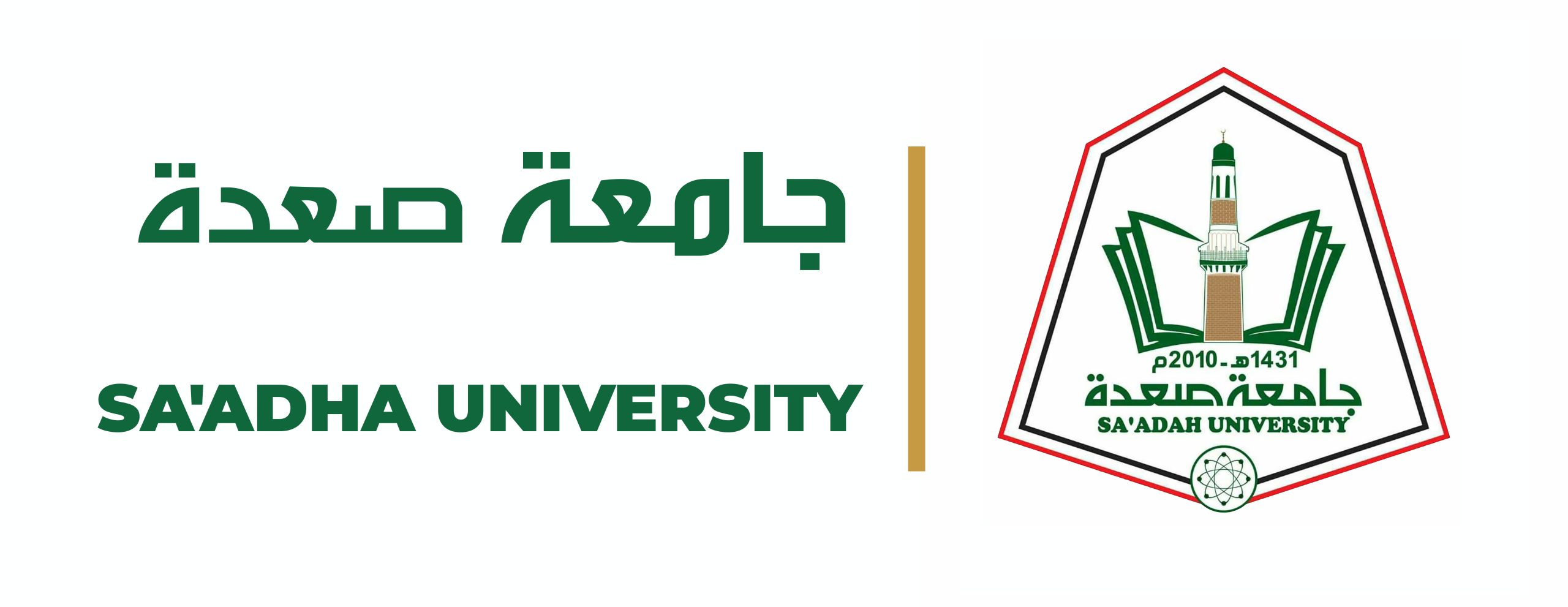أثر استخدام الطاقة الشمسيّة على المياه الجوفيّة في اليمن (دراسة حالة حوضي صنعاء وصعدة المائيّين)
أ.د. محمد ضيف الله علي القطابري – أستاذ الاقتصاد والعلوم المالية بكلية التجارة والاقتصاد – رئيس جامعة عمران السابق
الملخص : يناقش البحث مشكلة ندرة المياه في اليمن وتراجع معدّل نصيب الفرد من المياه مقارنة بالمعدّل الفعليّ، مستعرضاً الأسباب الّتي أدّت إلى تفاقم المشكلة. وقد تمّ تقسيم البحث إلى أربعة محاور، يركّز المحور الأوّل على وضع المياه الجوفيّة في اليمن، بالإضافة إلى أهمّ الموارد المائيّة التي يعتمد عليها السّكّان للاستهلاك والزّراعة في اليمن، ومدى كفاية تلك الموارد للاحتياجات المتنامية للسكان والزّراعة. أمّا المحور الثاني فيركّز على وضع المياه الجوفيّة لحوضي صنعاء وصعدة باعتبار الأوّل يخدم الجزء الأكبر من عدد السكّان في اليمن، والثاني تتركّز فيه أغلب المنتجات الزراعيّة، حيث إنّ محافظة صعدة تزرع وتنتج أهمّ المحاصيل الزراعيّة، وأهمّ الفواكه والخضروات. أمّا المحور الثالث فيركّز على الثورة الّتي حصلت في استخدام السّكّان والمزارعين لتقنية الطاقة الشمسيّة في اليمن، وبالذّات خلال فترة العدوان الذي دمّر البنية التحتيّة للطاقة الكهربائيّة من جهة، وشدّد الحصار على دخول المشتقّات النفطيّة للبلد من جهة أخرى، ما جعل خيار استخدام الطاقة الشمسيّة مفضّلاً على غيره. وسيركّز هذا المبحث على الانعكاسات الإيجابيّة والسلبيّة لهذه التقنية الجديدة على المياه الجوفيّة في حوضي صنعاء وصعدة، وهل تعتبر البديل الأفضل، أم أنهّا ستؤدي إلى زيادة الاستنزاف لهذا المورد الحيويّ الهامّ الذي يعاني اليمن من ندرته بالأساس؟ أمّا المحور الرّابع والأخير فيهتمّ باقتراح الحلول التي من شأنها تخفيف الهدر في استنزاف المياه الجوفيّة، بالإضافة إلى اقتراح بعض المعالجات التي من شأنها تعويض الفقد من المياه الجوفيّة من خلال الاستثمار الأمثل لمياه الأمطار الموسميّة التي تعتبر من أهمّ المصادر المائيّة في اليمن. وأخيراً سيتمّ استخلاص النتائج التي توصّل لها البحث، بالإضافة إلى أهمّ التوصيات التي يرى ضرورة الأخذ بها للحفاظ على المياه الجوفيّة من الاستنزاف العشوائيّ.
اضغط الرابط التالي لمطالعة البح/الدراسة:
او الرابط التالي:
pdfhttps://drive.google.com/file/d/1CjQwDMcMBMCAzMMY_YVDOa8PNC96SJE0/view?usp=sharing

